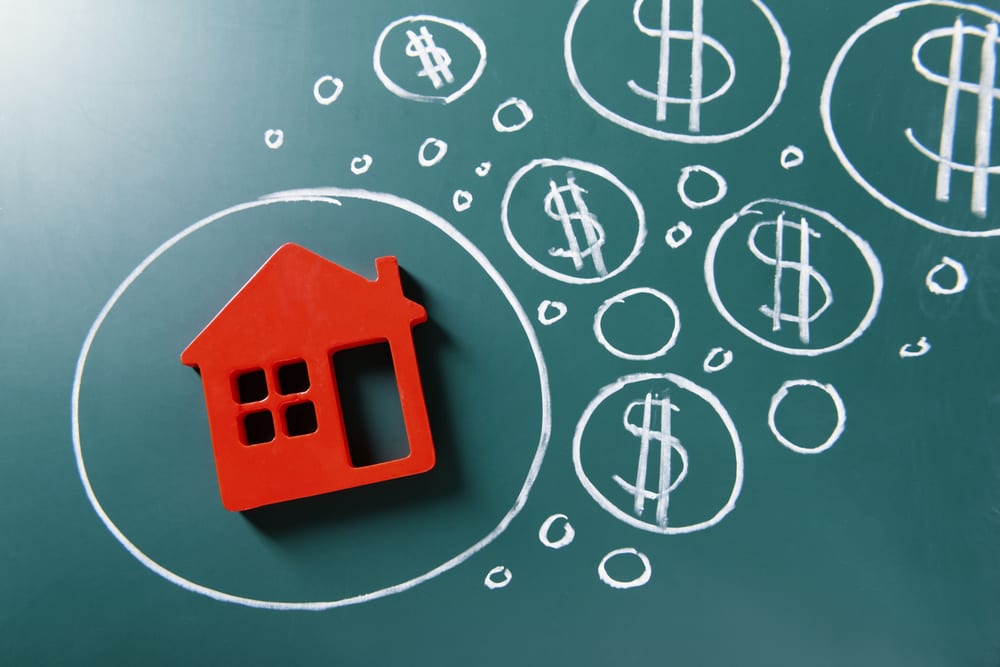
International property buyer?
 It’s an unfortunate fact – as an international property buyer in Australia, you’re going to face a number of fees and taxes.
It’s an unfortunate fact – as an international property buyer in Australia, you’re going to face a number of fees and taxes.
If you know about them before the time comes to make a purchase, you’ll be able to ensure that you’re ready for the additional costs you’re going to face.
The 5 different types of charges you need to know about
These are the charges you need to know about as an international property buyer in Australia:
1) Stamp duty
Stamp duty is the most sizeable sum that you’re going to have to pay if you want to buy a property in Australia.
Unfortunately, it’s hard to put an exact sum on it, as your personal situation, the type of property and the property’s location all come into play with the amount you’ll have to pay. In some cases, it can be as high as 5% of the total purchase price.
Three states in Australia – namely New South Wales, Victoria and Queensland – charge between 1-5% more for buyers who live outside of Australia.
2) FIRB Fees
FIRB stands for Foreign Investment Review Board and the fee you’ll have to pay them as an international buyer varies depending on the property’s market value:
Up to $1 million: $5,000
Up to $2 million: $10,000
Up to $3 million: $20,000
(AUD)
For properties over $3 million in value, you’ll be looking at an extra $10,000 per each additional million.
3) Ongoing fees
There are also a number of ongoing fees that you’ll be liable to pay as an owner of an Australian property. For example, you’ll be required to pay land tax, which is usually under 1% of the land value. You’ll also have to pay council tax to cover the costs of garbage pickup, as well as other local public services.
4) Legal and conveyancing fees
In the excitement of a property purchase, many forget to include the costs of legal assistance and conveyancing into their budget. Be sure to do so with your property purchase, as they can amount to several thousand dollars.
5) Tax
All Australians who own properties are required to lodge a tax return on a yearly basis that takes into account property value, as well as any increases in value there may have been.
If you make the decision to rent your property, your property manager can handle this for you.